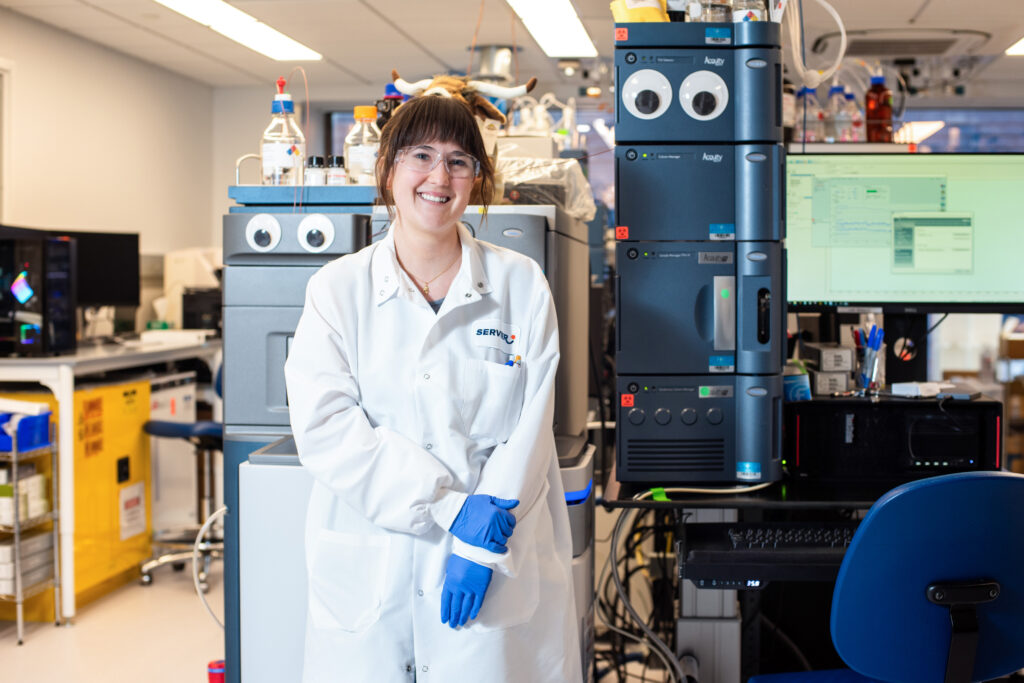
Our Science
overview
We Invest in Innovative Research and Development (R&D).
At Servier, we are committed to advancing cutting-edge science and are steadfast in our relentless pursuit of innovative therapeutic solutions for patients. We accomplish this through our diversified internal pipeline as well as through external partnerships with science, academic and technology pioneers.
Our Mission
Our global R&D organization is comprised of top scientific, clinical and regulatory experts from around the world, working together to bring innovative therapeutics to patients in need. We are guided by our belief that no disease is too challenging to be addressed, and no patient population is too small to benefit.
As part of our mission, we reinvest close to 20% of our revenue from brand-name medicines back into our internal R&D and external partnerships to fuel the next generation of discovery.

Our Therapeutic Areas
We are focused on discovering and developing new treatment solutions in oncology and neurology because they represent therapeutic areas urgently in need of innovative therapies for patients.
Servier is an established leader in oncology with a portfolio of precision medicines to treat various types of cancer across multiple indications. We are exploring as many indications as possible for our approved targeted medicines, including indications to treat smaller patient populations.
Additionally, we are advancing the development of various investigational treatments – using modalities ranging from small molecules to antibody drug-conjugates (ADCs) to trispecific and bispecific monoclonal antibodies (mABs) – to develop transformative precision therapies for people living with cancer. The goal of our precision medicine approach is to match the right patient to the right therapy.
We are targeting solid tumors and hematologic malignancies in the following priority disease areas:
| Solid Tumors | Hematologic Malignancies |
| Glioma and primary brain tumors | Acute myeloid leukemia (AML) |
| Colon | Myelodysplastic syndromes (MDS) |
| Gastric | Acute lymphoblastic leukemia (ALL) |
| Pancreatic | |
| Bile duct (cholangiocarcinoma) | |
| Non-small cell lung (NSCL) |
We aim to leverage our deep expertise in precision medicine and patient-centric approach to innovation to deliver new solutions to neurological patients in need. We are advancing the development of investigational treatments for refractory epilepsies, rare movement disorders and neuromuscular disorders.
Our scientific focus targets a limited number of common mechanisms of action across these pathologies, enabling us to develop meaningful strategies to combat their progression. Our approach is based on patient-derived data and a high degree of biological evidence, including immunological data, providing a robust scientific basis for addressing these neurological disorders.
Our One Innovation Engine Strategic Approach
We follow a One Innovation Engine strategic approach to research that embraces the integration of our internal R&D capabilities with external partnerships, diverse perspectives and cutting-edge technologies to drive innovation and enrich our pipeline. We actively seek alliances, collaborations and partnerships with the greatest minds in drug discovery and development to unlock the full value of our medicines through clinical development and commercialization. This approach embodies our commitment to long-term success and steadfast focus on the future.
Therapies in development are being investigated for patient use and are not approved by the FDA.